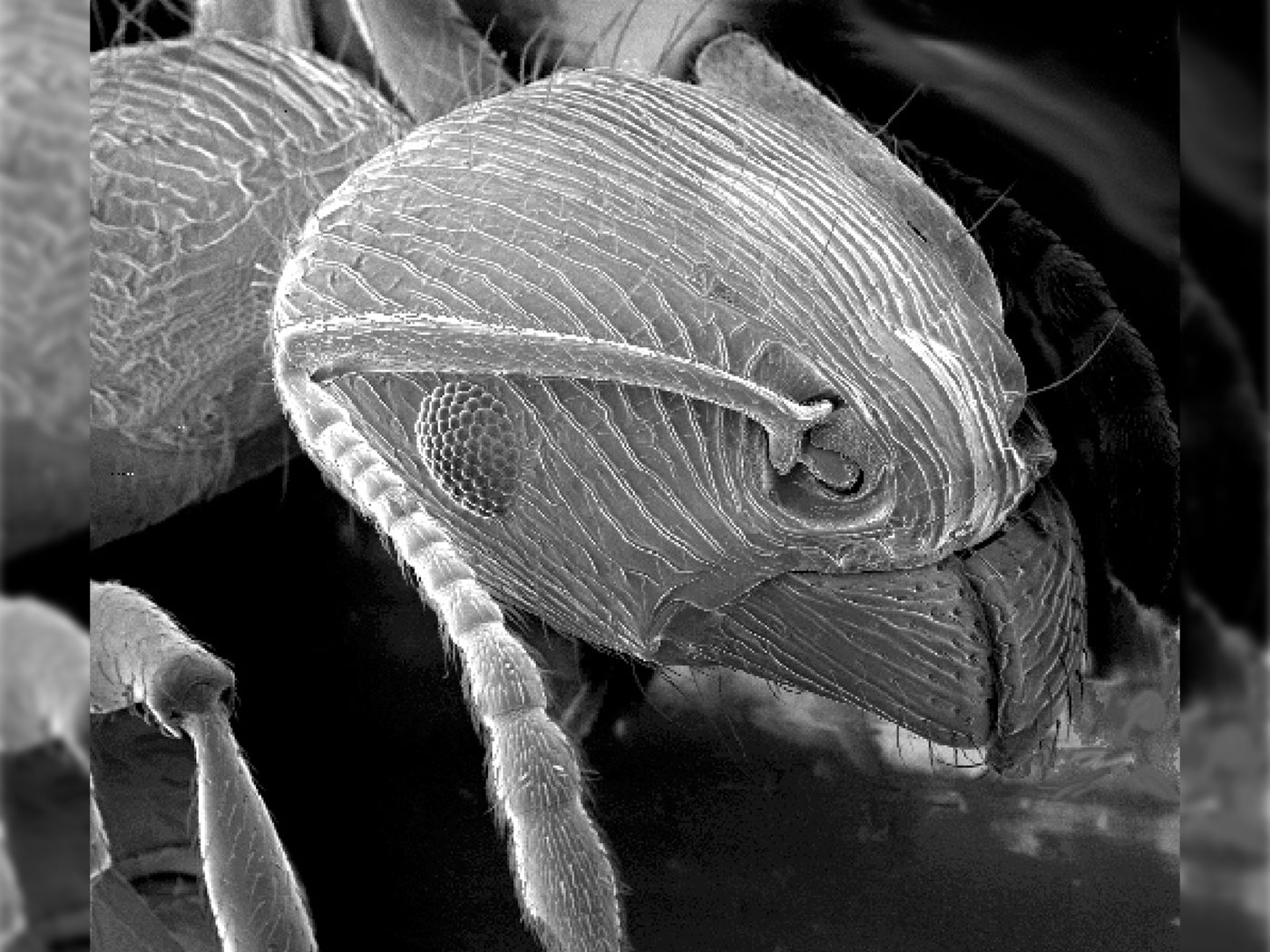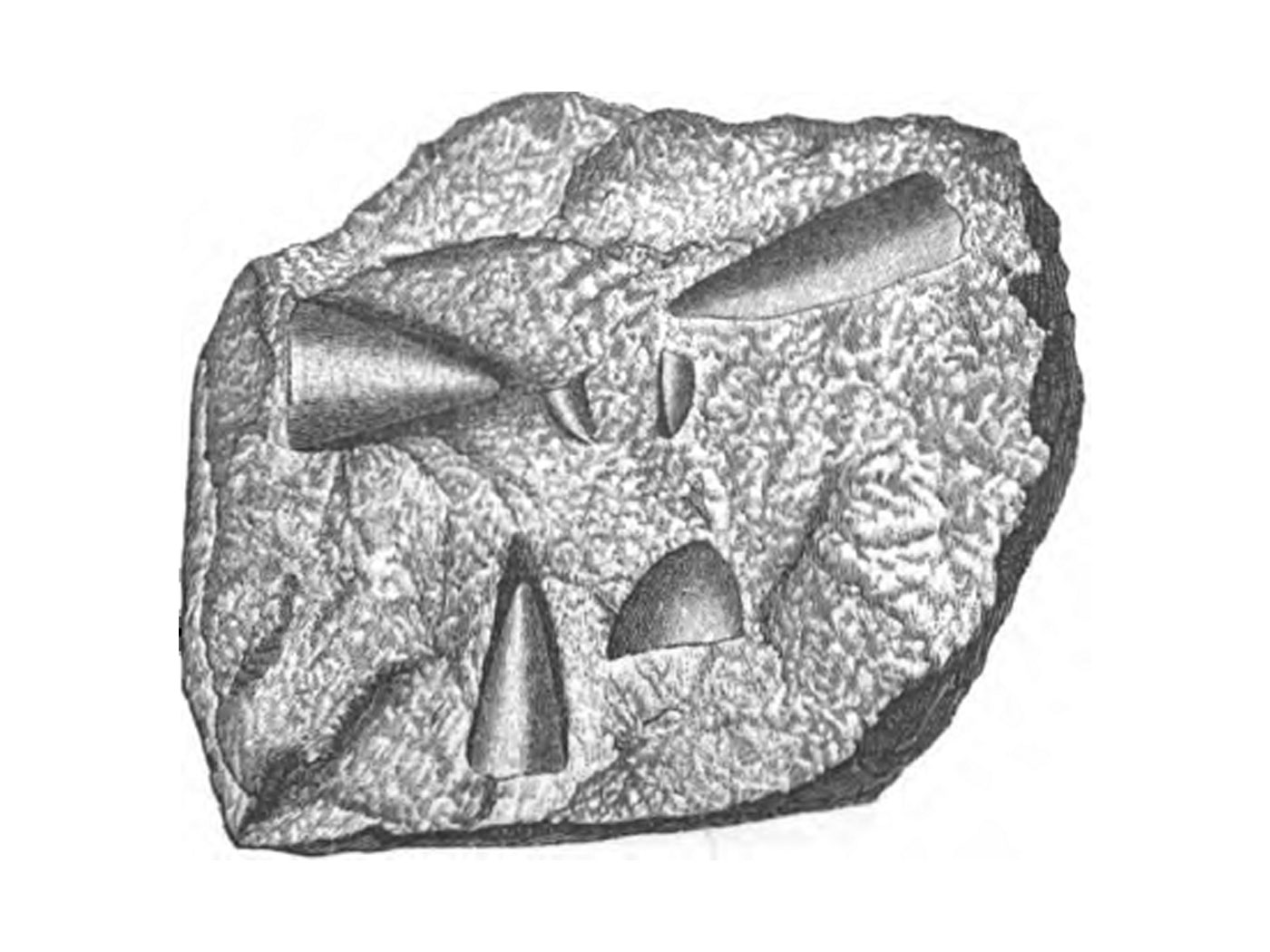Humans don’t need to learn the ability to move to a rhythm, according to a new study. They are born with it. Two researchers from Finland and the United Kingdom wanted to find out how soon in life people begin to dance to rhythms. They were surprised to find that babies as young as five months old match body motion to music.
Psychologists Marcel Zentner and Tuomas Eerola published their findings in the Proceedings of the National Academy of Sciences.1 The babies’ bodies did not move in perfect synchrony with the rhythms they heard, a lack of fine motor control which the authors suggested is due to the infants’ still-developing nervous systems. But the link between hearing a beat and responsively moving the body is evidently well-established early in a child’s development. Science NOW posted a research video online that shows a baby dancing to Mozart.2
The psychologists further stated that dancing is “a human universal typically involving whole-body movements. Dancing rests on humans’ unique ability to tightly couple auditory-motor circuits.”1 But where did dancing come from?
Evolutionists had suggested that dancing evolved from social pressures, as if an external factor could somehow generate a novel internal response to it. But in the study infants began dancing spontaneously, unbidden by other people, and these researchers found it “all the more surprising that the current [dancing] behaviors occurred in the absence of any kind of social cues.”1 The behavior must therefore be an innate part of being human.
Science NOW admitted that “it remains a mystery how humans evolved our musical wiring, [though] it’s now clear that we enjoy it and always did.”2 In the context of creation, however, it makes sense that humans’ musical aptitudes were purposely placed in them to praise their Creator in a unique way.3
References
- Zentner, M., and Eerola, T. Rhythmic engagement with music in infancy. Proceedings of the National Academy of Sciences. Published online before print March 15, 2010.
- Telis, G. Video: Babies Are Born to Dance. Science NOW. Posted on news.sciencemag.org March 15, 2010, accessed March 16, 2010.
- Psalm 149:2-4.
* Mr. Thomas is Science Writer at the Institute for Creation Research
Article posted on March 24, 2010.












